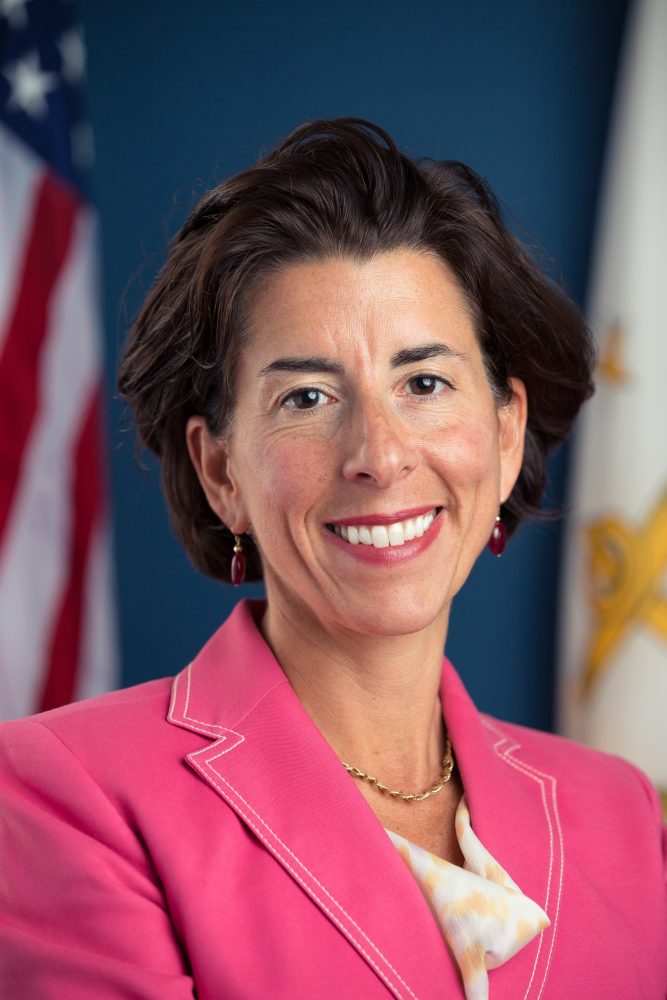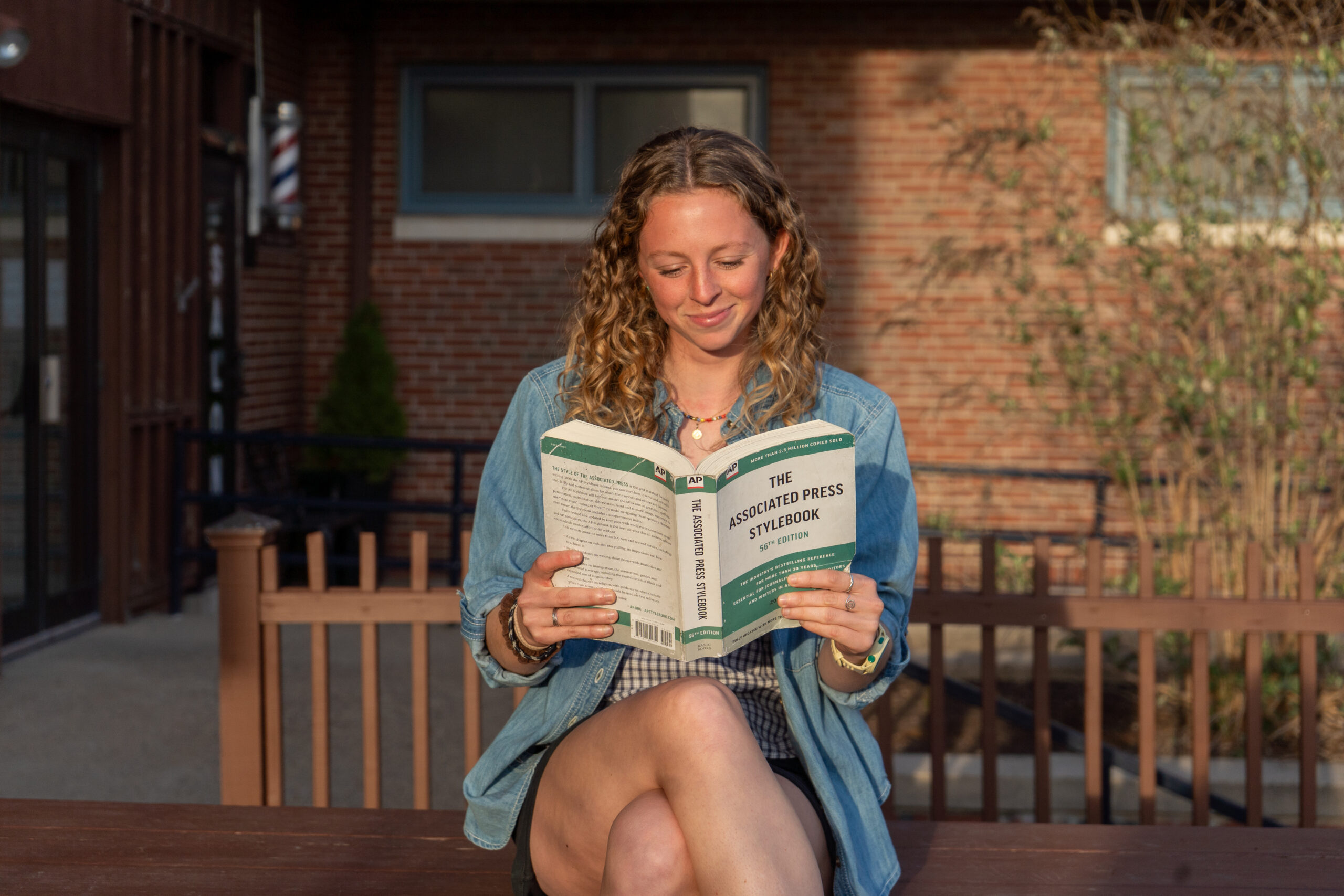This past summer, I met a mom in southern Rhode Island. She was dressed for work, and her kids were about the same age as my son, Tommy. We started talking. She told me about how she dropped out of high school when she got pregnant, then later earned her GED. She worked a few different jobs at deli counters for various grocery store chains, but had trouble supporting her family on the hourly wages they paid. So, she enrolled at Rhode Island College, and eventually got her degree.
Thanks to that degree, she told me, “I finally have a real job.” She works at an accounting firm full time. And she told me to keep investing in education. “I’m living proof of the power of a degree.”
I hear stories like hers from Rhode Islanders everywhere I go. It’s more important than ever to have some kind of education or credential past high school. By 2025, it’s estimated that 70 percent of jobs in Rhode Island will require postsecondary education. But, according to our state Department of Labor and Training, less than 45 percent of Rhode Islanders have that right now.
We know that most high school students want to go to college. Every year, the state Department of Education surveys seniors graduating from high school. About 90 percent say they want to go to college, but only 65 percent actually do. The number one reason students cite for not going? Money.
As Governor, that’s a red flag to me. We need to do more to help students succeed.
Over the past two and a half years, we’ve made progress. We started offering the SAT and PSAT free of charge to every high school junior and senior. We expanded programs like the Advanced Coursework Network, which allows students to earn college credit for free while still in high school. And, with the passage of this year’s budget, we created the new Rhode Island Promise Scholarship, adding our name to the list of just four states in the nation offering free community college to our students. Already, more than 1,400 students have taken advantage of the scholarship at CCRI—a more than 40 percent increase in enrollment since last year.
We need to attack the problem of college affordability from every angle. It’s not just the cost of courses or standardized tests that price students out of getting a degree; it’s also the cost of textbooks. That’s why last year, I launched the Rhode Island Open Textbook Initiative, challenging every college and university in the state to save students money by switching to free, openly-licensed textbooks.
The goal is to save college students $5 million over five years by supporting faculty to update their syllabi and produce results. One year into the initiative, we can report over $870,000 in savings for over 6,000 Rhode Island students. And that number is growing. Already, URI has saved students approximately a total of $28,200.
As students and faculty, there’s so much you can do to help. Talk to your administrators and professors. Let them know there are resources out there to support them in adopting open textbooks. Let them know how much this matters to you. Faculty: Talk to your librarians. Campuses across the state are hosting regular open textbook trainings, and every school has a trained librarian on staff who can help guide you to quality resources in your subject matter.
This is just the beginning. Together, we can lower the cost of higher education for everyone, and increase opportunity for all.
From Gina Raimondo, Govenor of Rhode Island




